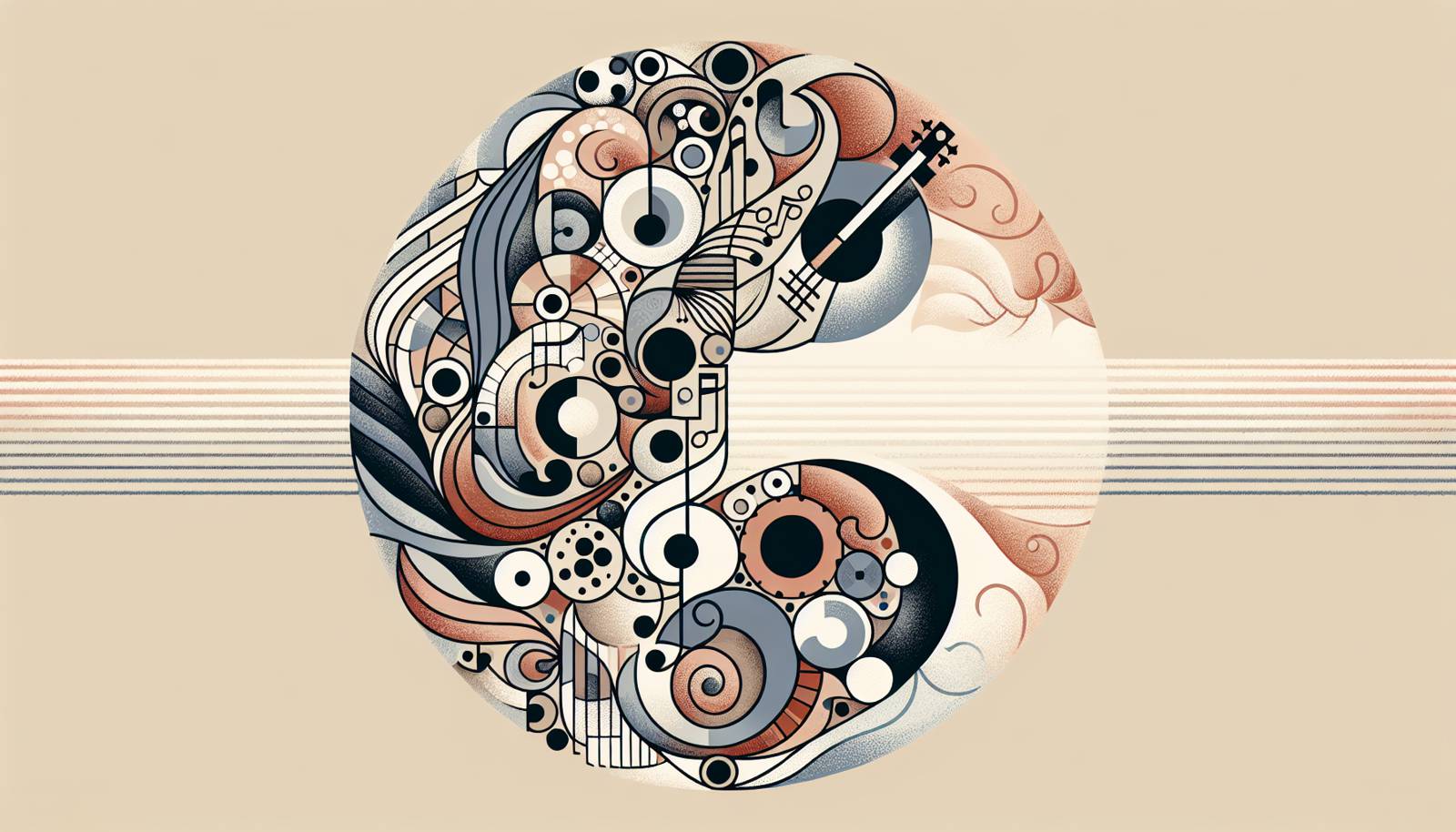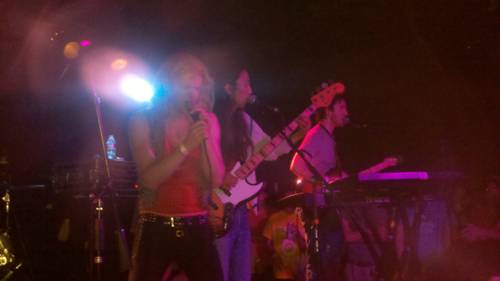
FAQ About The Influence of Outsider Music on Cultural Narratives

What is outsider music?
Outsider music refers to musical works created by self-taught or amateur musicians who operate outside the established norms of the music industry. These artists often work independently of commercial influences, resulting in unique and unconventional sounds that defy typical genres and styles.

How does outsider music differ from mainstream music?
Outsider music differs from mainstream music in that it often lacks formal musical training or adherence to conventional music-making methods. The creators may employ unconventional structures, themes, or recording techniques, prioritizing self-expression over commercial appeal.

Can outsider music shape cultural narratives?
Yes, outsider music can shape cultural narratives by introducing new perspectives and voices that challenge mainstream cultural norms. By highlighting unique experiences and viewpoints, it can influence how communities interpret and express their cultural identity.

What are some examples of outsider music artists?
Some well-known outsider music artists include Daniel Johnston, Wesley Willis, and Jandek. These artists are celebrated for their unique, albeit unconventional, contributions to the music landscape that diverge significantly from mainstream trends.

How do outsider musicians impact subcultures?
Outsider musicians often become iconic figures within subcultures that value authenticity and non-conformity. Their music can serve as anthems for these groups, reinforcing their values and providing a sense of identity and community.

Why are outsider artists often self-taught?
Outsider artists are often self-taught due to a lack of access to formal music education or because they choose to develop their own unique style outside the confines of traditional training, which allows them to create original and unfiltered artistic expressions.

In what ways can outsider music influence mainstream music?
Outsider music can influence mainstream music by introducing new styles, techniques, or themes, which are sometimes adopted by mainstream artists seeking fresh inspiration. This cross-pollination can lead to new genres or trends in the broader music industry.

How have outsider music and DIY culture evolved together?
Outsider music and DIY culture have evolved together, as both emphasize independence and self-sufficiency. DIY culture supports outsider artists by enabling them to produce and distribute their work without conventional industry support, fostering creativity and grassroots movements.

What role does outsider music play in cultural preservation?
Outsider music can play a role in cultural preservation by capturing and voicing the perspectives of marginalized groups. This music can document and maintain cultural expressions that might otherwise be overshadowed by mainstream narratives.

Is outsider music universally appreciated?
Outsider music is not universally appreciated, largely because its unconventional nature can be polarizing. While some listeners admire its raw authenticity and originality, others may find it difficult to relate to due to its deviation from mainstream music norms.

How do outsider musicians typically distribute their music?
Outsider musicians often distribute their music via independent channels such as self-released albums, online platforms (like Bandcamp and SoundCloud), or limited physical releases. This allows them to maintain creative control and directly reach niche audiences.

Can outsider music be commercialized?
While outsider music can occasionally be commercialized, it often loses some of its raw authenticity in the process. Commercialization might attract a broader audience, but it can also dilute the original intent and unique qualities of the music.

What challenges do outsider musicians face?
Outsider musicians face several challenges, including limited access to resources, lack of support from mainstream industry entities, and difficulties in reaching wider audiences due to unconventional styles that do not fit mainstream trends.

Do technological advancements support outsider musicians?
Technological advancements have greatly supported outsider musicians by providing tools for music production and distribution that bypass traditional industry barriers. Platforms like social media and music streaming sites allow artists to reach a global audience with minimal resources.

How does outsider music impact identity formation in communities?
Outsider music impacts identity formation by allowing individuals and communities to celebrate uniqueness and resist mainstream standards. This type of music can become a source of local pride and a means for communities to assert their distinct cultural narratives.

Are there festivals dedicated to outsider music?
Yes, there are festivals dedicated to outsider music, such as the Outsider Art Fair and various underground music festivals around the world. These events celebrate unconventional artists and provide platforms for them to showcase their work to appreciative audiences.

How do outsider music projects typically get funded?
Outsider music projects typically get funded through personal investments, crowdfunding platforms like Kickstarter, or small independent labels. This funding approach helps maintain artistic freedom and allows for music production that aligns with the artist's vision.

What are common themes in outsider music?
Common themes in outsider music include personal experiences, emotional struggles, social issues, and existential reflections. The music's raw expression often conveys thoughts and sentiments that resonate with listeners seeking authentic narratives.

Are there online communities for outsider music fans?
Yes, there are several online communities for outsider music fans, including forums, social media groups, and websites dedicated to discussing and sharing outsider music. These communities foster connection among fans and artists, encouraging exploration and appreciation of unconventional music.

Can outsider music influence social change?
Outsider music can influence social change by providing a platform for marginalized voices and challenging dominant cultural narratives. Through its authentic storytelling, this music can inspire dialogue and action on social issues within and beyond its niche audiences.
